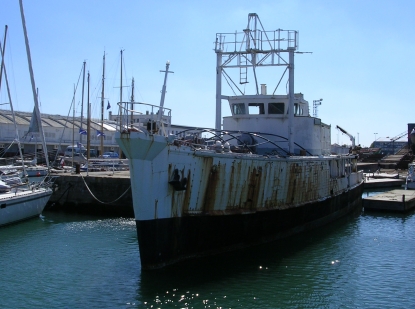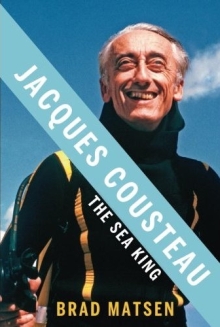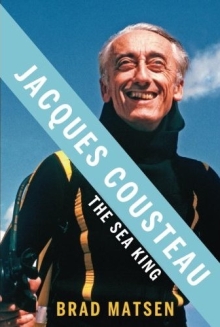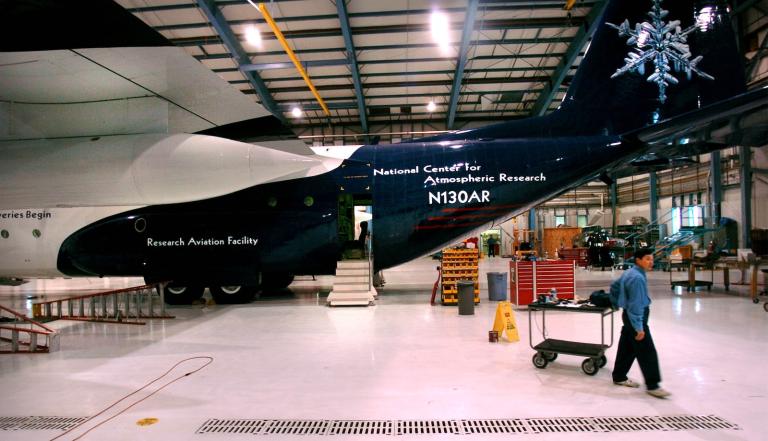As we grapple with global warming, ocean acidification, and the possibility that life on earth really is doomed, it is with considerable chagrin that we recall how Jacques Cousteau sounded the general alarm thirty years ago. The celebrated underwater filmmaker, co-inventor of scuba diving, television star, sage of the environmental movement, and bon vivant died in 1997. But before he left he had developed a brooding pessimism about the future of humanity.
At a rally in Seattle in 1977, where he headlined in a sold-out basketball arena with energy expert Amory Lovins and population theorist Paul Ehrlich, Cousteau predicted the dire consequences of a runaway human population and its apparently insatiable appetite for fuel to heat, move, and feed itself. Cousteau toned down his pessimism for the audience of 15,000 in the arena that night, urging them to take responsibility for the environment before it is too late. But an hour later, in an interview with a pair of reporters from the Seattle Weekly, he laid out his far more dismal vision.
“Fossil fuels are polluting the air and the sea and now people are saying that nuclear energy is the answer,” said Cousteau with his sexy French accent. “They are wrong. If we continue to develop nuclear energy and make kids like crazy, we will surely end up in a police state. It will become the duty of governments of the world to suppress all dissent in order to avoid nuclear terrorism. Eh? We will have no other choice. A nuclear civilization adds up to a global police state.”
Cousteau saw overpopulation and energy collapse leading inevitably to worldwide disaster and social chaos.
“Why do anything at all?” the reporters asked him. “Why have the Cousteau Society?”
“We have no choice,” Cousteau resplied. “And there’s a slim chance we can make a difference.”
 Cousteau’s Calypso. Photo: Brad MatsenThe delicious irony in all of this (very important if we are, in fact, doomed) is that Cousteau’s earliest expeditions on his famous white ship, Calypso, were financed by oil exploration charters. His second hit movie told the story of the very development of sub-sea habitats and saturation scuba diving that make today’s offshore oil production possible.
Cousteau’s Calypso. Photo: Brad MatsenThe delicious irony in all of this (very important if we are, in fact, doomed) is that Cousteau’s earliest expeditions on his famous white ship, Calypso, were financed by oil exploration charters. His second hit movie told the story of the very development of sub-sea habitats and saturation scuba diving that make today’s offshore oil production possible.
Cousteau and his divers pioneered the equipment and techniques that now anchor gigantic platforms and wellheads to the sea floor at depths of up to a thousand feet and produce 60 percent of the world’s oil and gas. Until just fifty years ago, when Cousteau and engineer Emil Gagnan invented the demand regulator for breathing and swimming free underwater, our undersea explorations had been limited by the depth to which a single breath could take us.
Cousteau’s early oil exploration charters, his best-selling, ghost-written book about inventing scuba diving, and a pair of hit movies on scuba and under-sea habitats earned him an ABC television series on the oceans. By the early 1970s, the charming French sailor was one of the most recognized people on the planet. With the power of his celebrity, he tried to make the world see that his beloved Mediterranean would be the first sea to die and that like a canary in a mineshaft, it was only the beginning of the death of the oceans unless a way to reverse the destruction could be found.
“By the time my father died, he no longer believed that humanity could save itself from disaster,” said Cousteau’s son, Jean-Michel, himself a noted champion of the oceans. “I disagree with him, but I do not hold his mistake against him.”
Now, the deadly blend of fossil fuel emissions and a booming human population has even the most optimistic among us worried. Cousteau’s predicted disaster and chaos have arrived only in the most desperate parts of the world and the political structure remains generally intact. But with scientific tools that were nowhere on the horizon when Cousteau’s instincts were screaming at him that the Mediterranean was sick, we have discovered grim, undeniable evidence that we are in real trouble. Our continued use of fossil fuels has inflicted life-threatening damage on the oceans and the atmosphere, damage that cannot be repaired for several generations, even if we could manage to reduce carbon dioxide emissions 50 percent by 2050.
Next month, the world will limp into Copenhagen, frantic because 30-year old warnings from a seductive Frenchman — among many, many others — didn’t change human behavior enough to forestall what in all likelihood is a catastrophic global disaster that began 150 years ago with the industrial revolution.
If Cousteau were alive to address the delegates in Denmark this December, he would probably summon the courageous warrior he was in his youth and insist that humanity, not the earth itself, is in danger — and that this might not be a bad thing. He would likely argue that a world with fewer people, ultimately, is the answer. Then he would demand that we keep trying in the face of terrible odds, simply because we have no other choice.





